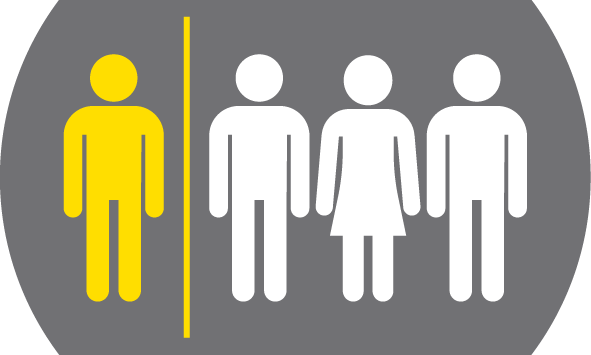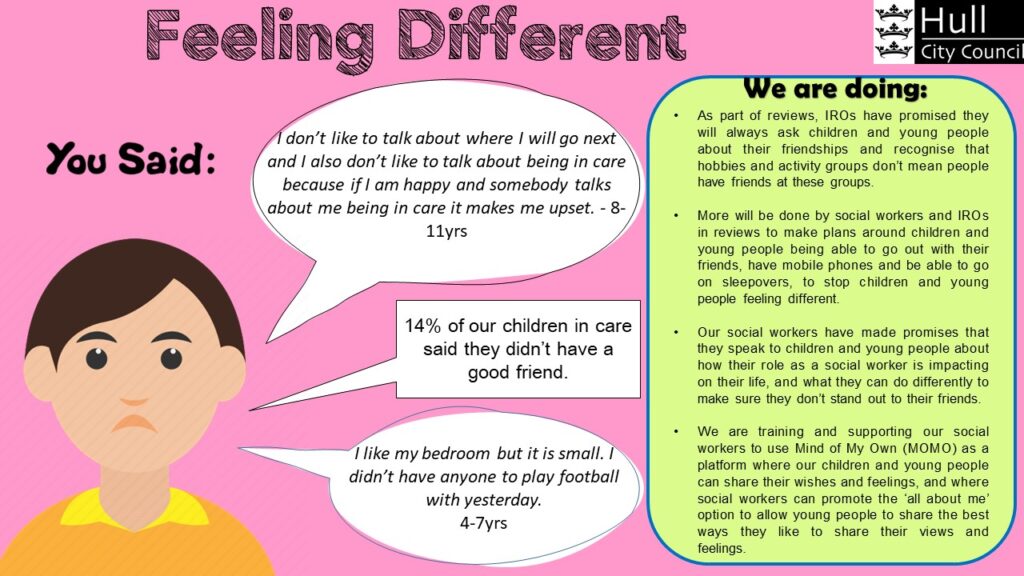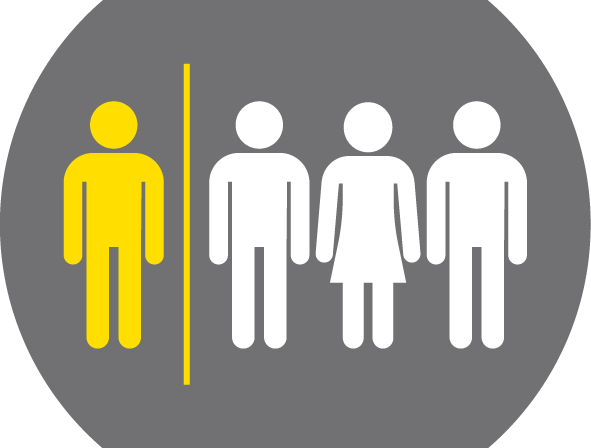Why?
Hull took part in the Bright Spots programme in 2021-22. Over 400 children in care and care leavers shared how they were feelings about the things that mattered to them. Just over 1 in 10 (12%) young people aged 11-17 years recorded that adults did things that made them feel embarrassed about being in care. Young people wrote about how their carers or teachers would do things that singled them out as different – referring to them as ‘being in care’ when talking to others or calling them to meetings during school time: young people wanted those who cared for them to be more mindful of their actions.
What?
Hull, in partnership with their children in care council, picked five top areas to respond to immediately after the survey results. One of the themes in the initial phase is: challenging stigmatising practice.
To make sure everyone has a chance to listen to and reflect on the Bright Spots findings Hull developed a 1.5 hour session for workers across the services.
Alongside learning more about how children are feeling, a big focus in the sessions is to create space for workers to reflect on how the findings make them feel.
Each worker is asked to make a pledge of things they can do in response to the findings on how Hull’s children are feeling. Seven sessions have been run and over 450 practitioners workers have taken part so far.
Following the sessions posters have been created and are displayed in offices (e.g. next to tea & coffee area). The A3 posters focus on ‘you said’ and ‘we will do’.
Hull will support children in care in relation to policies and practices which can make them feel different, for example: “More will be done by social workers and IROs in reviews to make plans around children and young people being able to go out with their friends, have mobile phones and be able to go on sleepovers, to stop children and young people feeling different.”
Impact
Hull have disseminated the findings across their services in team meetings and events. They have created a ‘words and pictures film’ which includes messages from social workers about what they are going to do in response to Bright spots findings. The film has been shown to the children in care council and a letter has been sent to all children in care to tell them about next steps after the Bright Spots findings.





